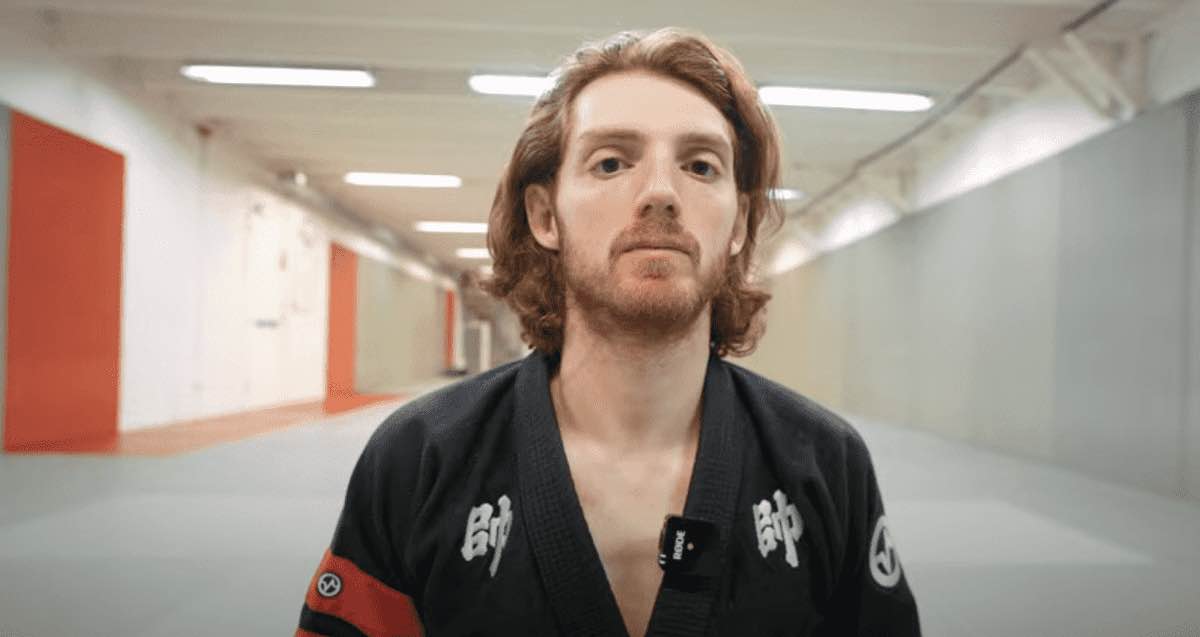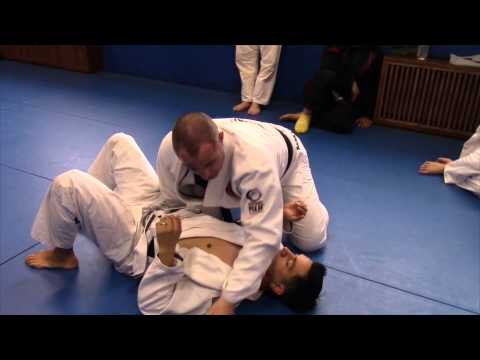If you are a top game player, then passing your partner’s guard is essential. There are always Jiu-Jitsu players who seem to have almost impossible guards to pass. In this video, Jon Thomas goes over the top 5 mistakes people make when passing guards.
Some of his tips may seem obvious, but in actual rolling, it’s easy to forget them.
Standing Too Far From Your Partner
It’s understandable, you don’t want to get caught inside your partner’s guard. So many people will just stay far away. The problem with this is that there is too much space for your partner to recover guard. So at some point, you have to close the distance and establish some kind of body connection.
Letting Your Opponent Get Any Grip They Want
Many people seem to be ok with letting their opponent establish grips, but this lets them initiate their game and potentially sweep you or submit you. Be aggressive when entering and deny any grips so they are unable to play their game.
Never Let Your Opponent Make Contact With Their Feet
Your partner wants to use their feet to control distance and maybe even play spider guard. A common mistake is controlling your partners pant leg, but this only establishes more of the grip they want. So instead of grabbing, use your wrists and arms to close the distance.
Trying To Force The Pass You Want
Admit it, you probably always try to go for the same pass. But a common mistake is exactly that… doing the same thing. With passing, you need to throw in a variety of passes and see where your opponents moves their body, or else it’s going to be very difficult to pass.
Not Paying Attention To The Sleeve Grips
Take a look at what your partner is gripping and adjust your pass to that grip. This is commonly seen when your partner has double sleeve grip and you attempt a knee cut pass. In this scenario, it’s easy for them to sweep you with these established grips.





